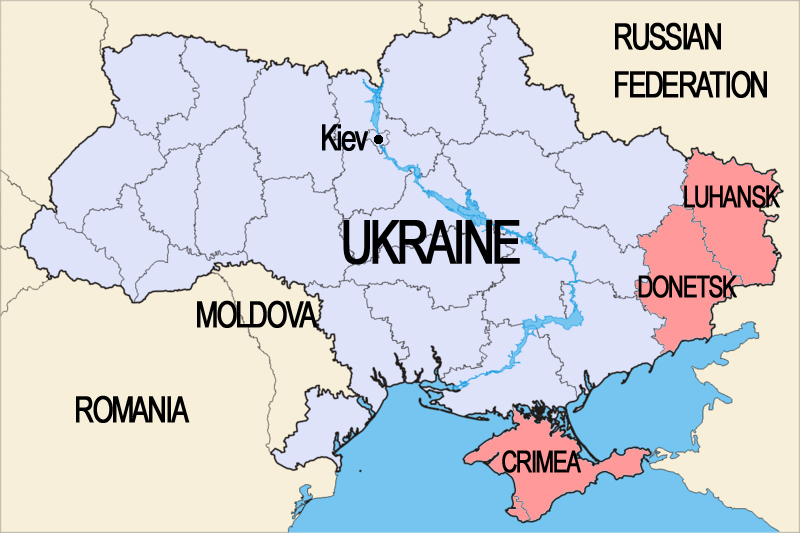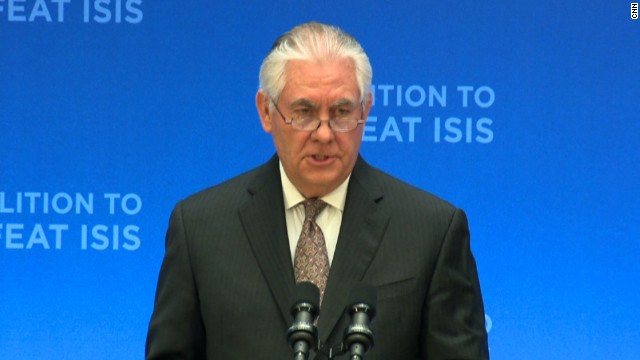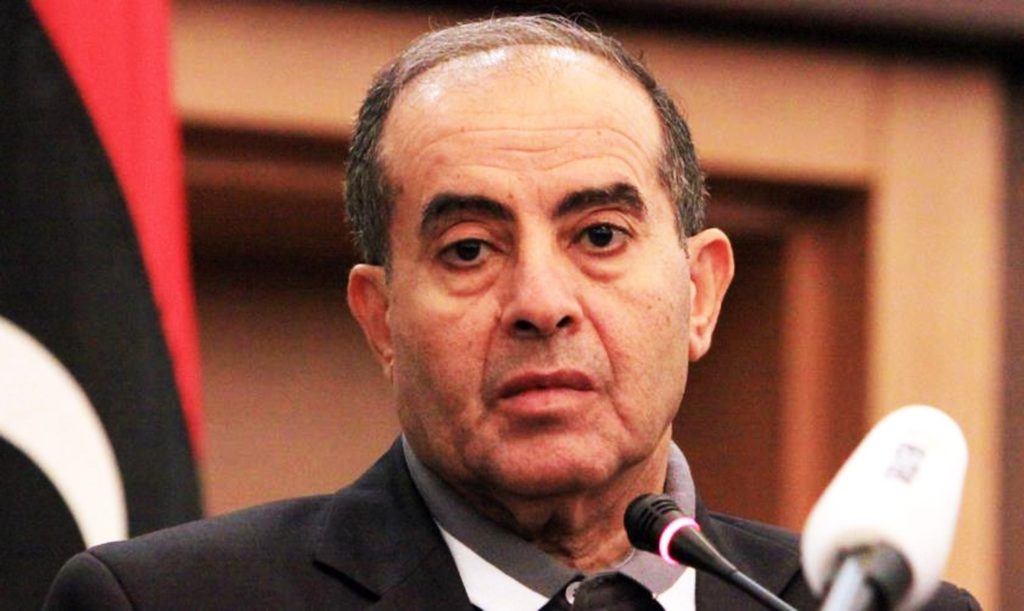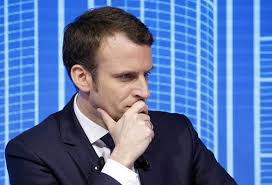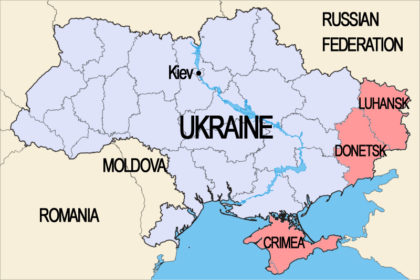 Russian President Vladimir Putin ordered the start of a large-scale attack on Ukraine at dawn on Thursday (24 February) with explosions reported in the cities of Kyiv, Kharkiv, Dnipro, and Mariupol across the country.
Russian President Vladimir Putin ordered the start of a large-scale attack on Ukraine at dawn on Thursday (24 February) with explosions reported in the cities of Kyiv, Kharkiv, Dnipro, and Mariupol across the country.
European Union and NATO leaders immediately condemned the invasion, with European Commission president Ursula von der Leyen calling on Russia to withdraw its forces and vowing further sanctions.
The attack began in darkness soon after 4.30am local time. There were distant explosions in the Ukrainian capital, Kyiv, and the whine of car alarms. Russia’s invasion of Ukraine was “deliberate, cold-blooded and long-planned”, NATO’s secretary-general said, accusing Russian President Vladimir Putin of “using force to re-write history.”
Speaking in Brussels, Jens Stoltenberg called for a summit of NATO alliance leaders on Friday to address Moscow’s military incursion into neighboring Ukraine and said that the military alliance would be bolstering its land, sea and air forces on its eastern flank.
Stoltenberg confirmed NATO does not have any troops inside Ukraine and does not plan to send any, but he said the alliance is still committed to providing Kiev with military and technical support.
The EU will impose a “massive and targeted” raft of sanctions on Russia that will block access to “key technologies” and cripple the country’s ability to finance the Ukraine invasion, the EU commission President Ursula von der Leyen has said.
“We will target strategic sectors of the Russian economy by blocking their access to key technologies and markets. We will weaken Russia’s economic base and its capacity to modernize. In addition, we will freeze Russian assets in the EU and stop the access of Russian banks to the European financial market,” the head of EU’s top executive body said. “We are closely aligned with partners and allies. These sanctions are designed to take a heavy toll on the Kremlin’s interests and on their ability to finance the war.”
The EU has already imposed sanctions on 27 individuals and entities close to president Putin and the 351 Duma lawmakers who voted to recognize the breakaway provinces of Donetsk and Luhansk as independent.
Meanwhile, EU Council president Charles Michel has called an emergency summit for Thursday to discuss “how we deal with Russia, notably holding Russia accountable for its actions”, according to Michel’s invitation letter, referring to Russia’s latest incursion into Ukraine. The Polish and Lithuanian presidents also called for the EU to grant Ukraine EU membership candidate status in a declaration Wednesday.
Ukraine is not a member of NATO but other countries close to the theatre of conflict, including Estonia, Latvia, Poland and Lithuania, are. Under Article 4 of the NATO treaty, all are entitled to direct military support if their “territorial integrity, political independence or security” is threatened. Though not member of either NATO or EU, “today’s the day to declare Ukraine an EU candidate country,” argues Wolfgang Koeth, a senior lecturer at the European Institute of Public Administration (EIPA) in Maastricht.
“It would be a historic chance, a step that would give the EU the chance to become again an agenda setter, rather than just following, late and indecisively, a playbook set by others,” he argues in an opinion published today. “No European country is more committed to getting closer to the EU than Ukraine, and the EU has exploited this to nudge the country towards major reforms. … However, the EU has so far stopped short of declaring Ukraine eligible for EU membership, since our political leaders realized that such a step would not be popular with their own electorates.”
Koeth concludes by calling on the EU to seize “the unique opportunity to change the narrative of the conflict. If [the EU] wants to be taken serious as a geopolitical actor, it should seize it.”
